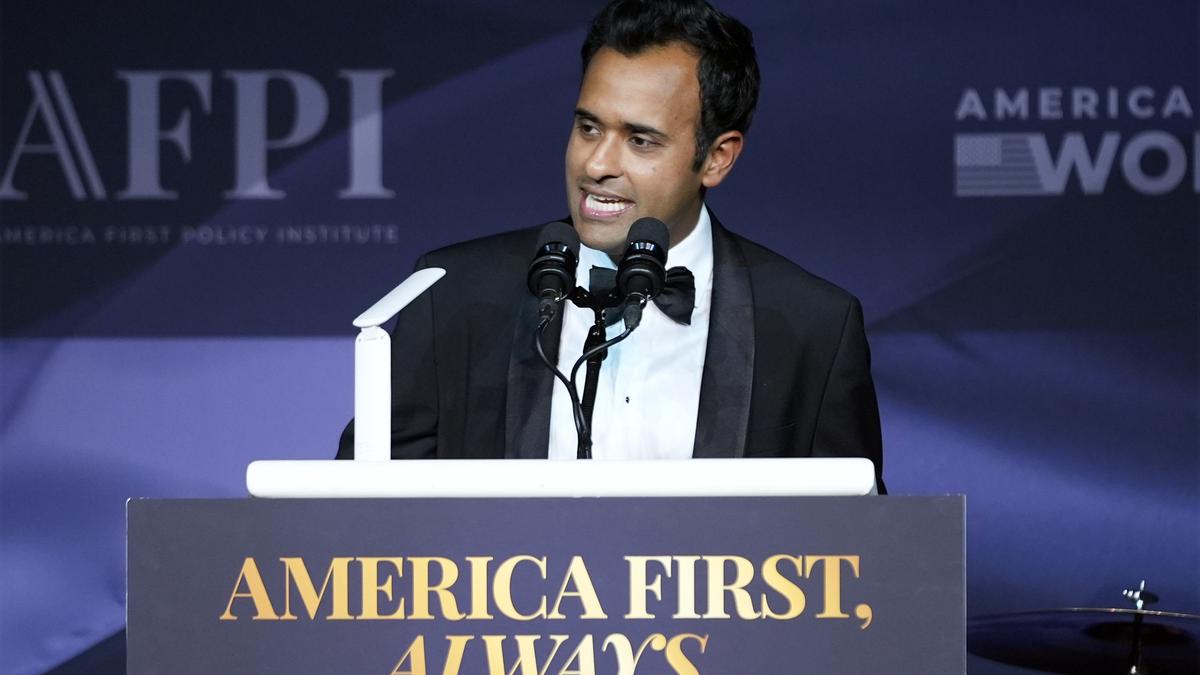World
Open Source AI Can Help America Lead in AI and Strengthen Global Security | Meta

Meta’s open source Llama models are increasingly being used by a broad community of researchers, entrepreneurs, developers and government bodies. We are pleased to confirm that we are also making Llama available to U.S. government agencies, including those that are working on defense and national security applications, and private sector partners supporting their work. We’re partnering with companies including Accenture Federal Services, Amazon Web Services, Anduril, Booz Allen, Databricks, Deloitte, IBM, Leidos, Lockheed Martin, Microsoft, Oracle, Palantir, Scale AI and Snowflake to bring Llama to government agencies.
Oracle, for example, is building on Llama to synthesize aircraft maintenance documents so technicians can more quickly and accurately diagnose problems, speeding up repair time and getting critical aircraft back in service. Scale AI is fine-tuning Llama to support specific national security team missions, such as planning operations and identifying adversaries’ vulnerabilities. Lockheed Martin has incorporated Llama into its AI Factory, accelerating a variety of use cases such as code generation, data analysis and enhancing business processes.
Amazon Web Services and Microsoft Azure are also using Llama to support governments by hosting our models on their secure cloud solutions for sensitive data. And IBM’s watsonx solution is bringing Llama to national security agencies in their self-managed data centers and clouds.
These kinds of responsible and ethical uses of open source AI models like Llama will not only support the prosperity and security of the United States, they will also help establish U.S. open source standards in the global race for AI leadership.
As an American company, and one that owes its success in no small part to the entrepreneurial spirit and democratic values the United States upholds, Meta wants to play its part to support the safety, security and economic prosperity of America – and of its closest allies too.
Due to their ability to process vast amounts of data, reason, and generate usable insights, large language models can support many aspects of America’s safety and national security. They can help to streamline complicated logistics and planning, track terrorist financing or strengthen our cyber defenses. For decades, open source systems have been critical to helping the United States build the most technologically advanced military in the world and, in partnership with its allies, develop global standards for new technology. Open source systems have helped to accelerate defense research and high-end computing, identify security vulnerabilities and improve communication between disparate systems.
In a world where national security is inextricably linked with economic output, innovation and job growth, widespread adoption of American open source AI models serves both economic and security interests. Other nations – including China and other competitors of the United States – understand this as well, and are racing to develop their own open source models, investing heavily to leap ahead of the U.S.
We believe it is in both America and the wider democratic world’s interest for American open source models to excel and succeed over models from China and elsewhere. As open source models become more capable and more widely adopted, a global open source standard for AI models is likely to emerge, as it has with technologies like Linux and Android. This will happen whether the United States engages or not. This standard will form the foundation for AI development around the world and become embedded in technology, infrastructure and manufacturing, and global finance and e-commerce.
It is essential that the open source standard the world builds on is based on high standards of openness, transparency and accountability, which is why American leadership and its commitment to international law is so important for global peace and security. It is the responsibility of countries leveraging AI for national security to deploy AI ethically, responsibly, and in accordance with relevant international law and fundamental principles, principles the United States and many of its allies have committed to in the Political Declaration on Responsible Military Use of Artificial Intelligence and Autonomy.
The goal should be to create a virtuous circle, helping the United States retain its technological edge while spreading access to AI globally and ensuring the resulting innovations are responsible and ethical, and support the strategic and geopolitical interests of the United States and its closest allies. Open source can help to achieve this, leading to faster innovation, reduced costs and better products, thanks to the contributions of thousands of developers around the world.
The U.S. public sector – and governments around the world – stand to benefit more broadly from access to open source AI, which enables discoveries and breakthroughs, driving efficiency and helping government workers improve delivery of public services. For example, Deloitte is bringing Llama-based solutions to U.S. government agencies and nonprofits, which enables these organizations to better serve their communities in education, energy, small business development, the skilled trades and more. Public-private collaborations like this can help agencies and organizations improve their operations and make a greater impact for the people they serve.
Our partnership with the U.S. State Department, which includes leading industry voices, promotes safe, secure and reliable AI systems that address societal challenges like expanding access to safe water and reliable electricity, and helping support small businesses. And Meta has worked with the United Nations Educational, Scientific, and Cultural Organization (UNESCO) on a translation interface built on Meta’s No Language Left Behind (NLLB) AI model to support high-quality translation in 200 languages, including those that are low-resourced and marginalized.
It’s humbling to see such huge enthusiasm around the world for the vast possibilities of this freely available technology. By working closely with our partners, we hope to play a part in securing America’s technological leadership and ensuring the world’s next generation of digital infrastructure is rooted in democratic values and safeguards.









